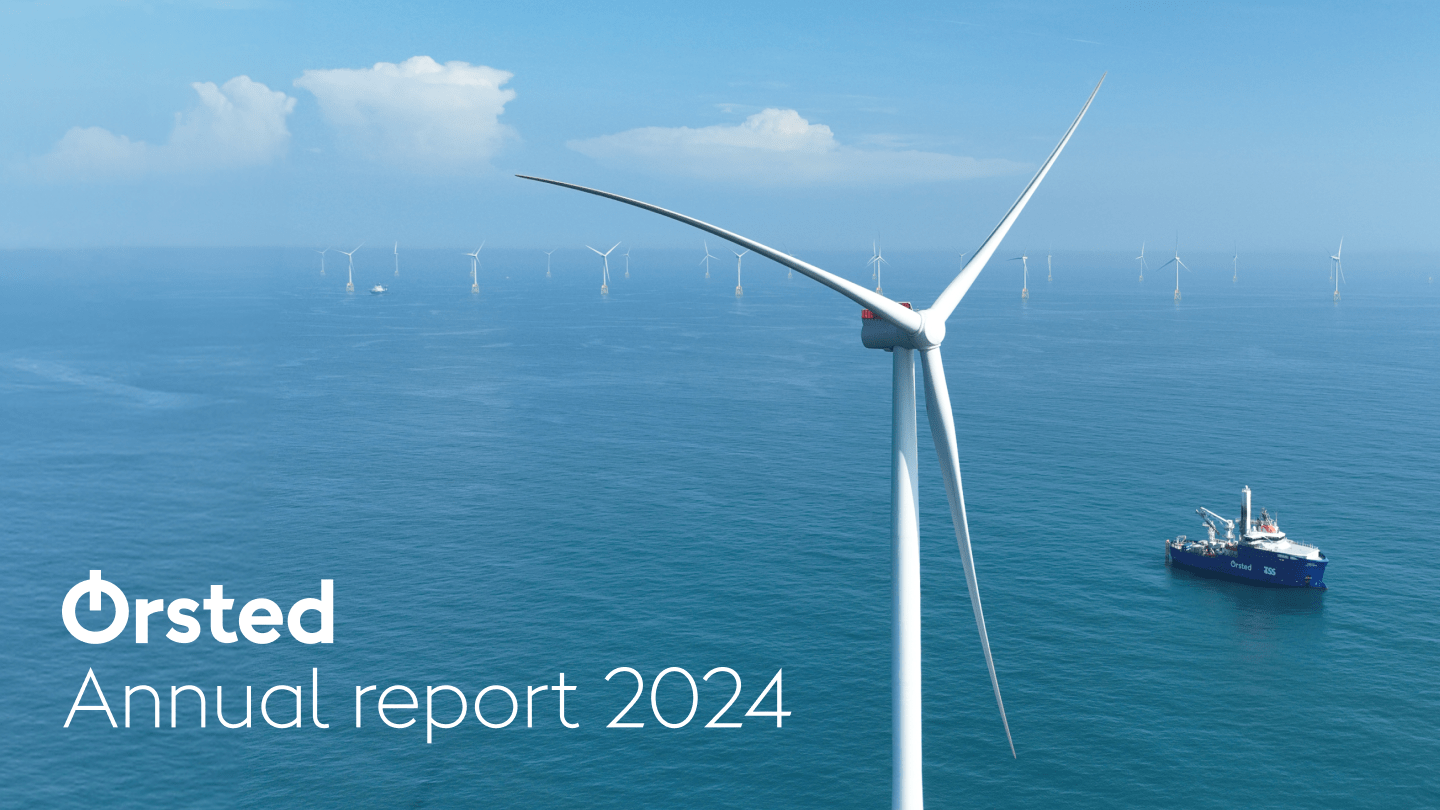In 2023, we started preparing for the EU’s Corporate Sustainability Reporting Directive (CSRD) by integrating our sustainability reporting into the annual report, resulting in our first integrated reporting and double materiality assessment.
In 2024, we prepared our first fully CSRD-compliant annual report and continued our efforts to improve our transparent disclosures of sustainability-related impacts, risks, and opportunities.
To read about our sustainability performance, including the complete set of Ørsted’s environmental, social and governance indicators, please see the sustainability statements section of our annual report.
